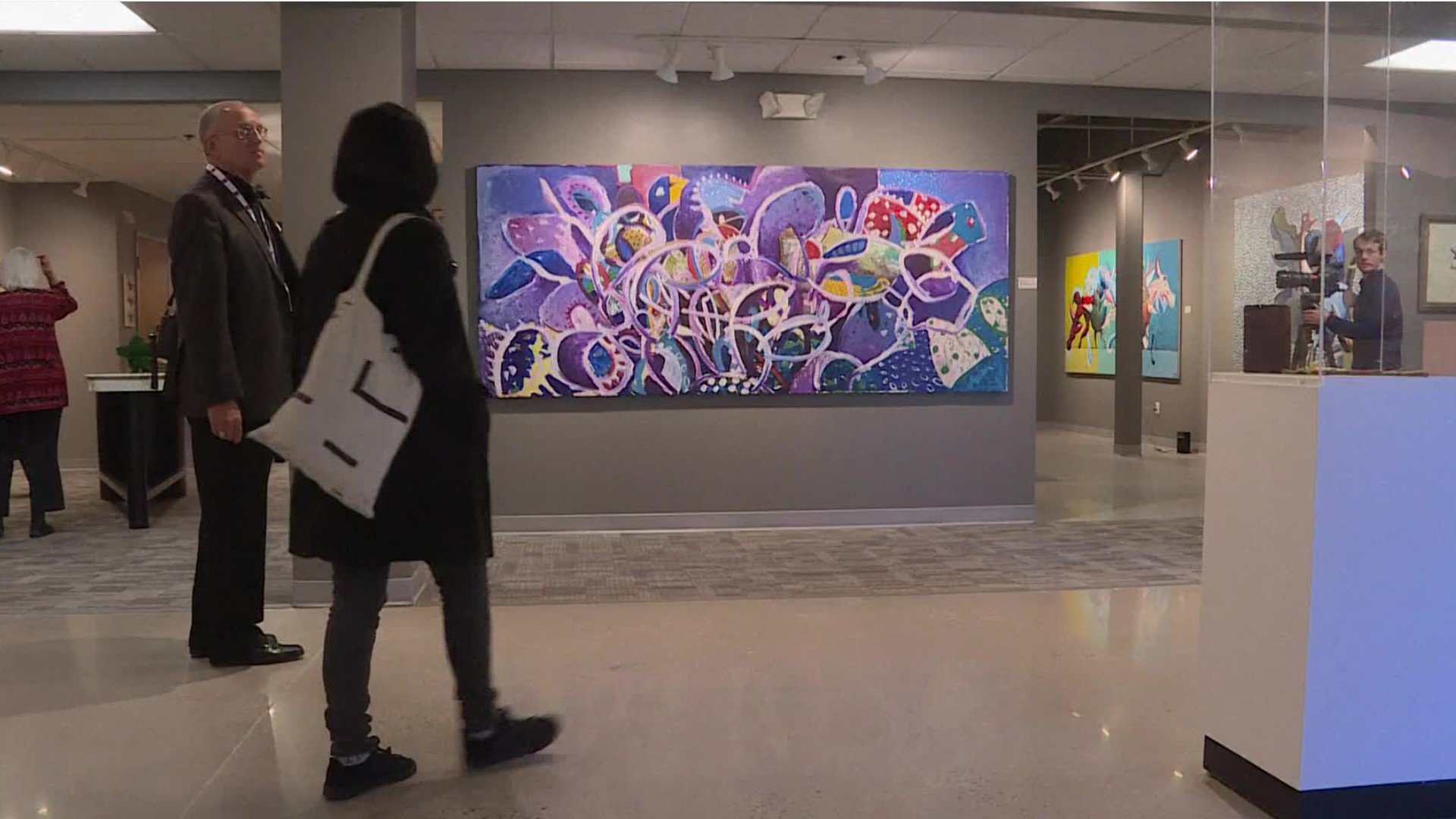Curators
Collections Curator, Collections Manager, Curator, Museum Curator
What they do:
Administer collections, such as artwork, collectibles, historic items, or scientific specimens of museums or other institutions. May conduct instructional, research, or public service activities of institution.
On the job, you would:
- Plan and organize the acquisition, storage, and exhibition of collections and related materials, including the selection of exhibition themes and designs, and develop or install exhibit materials.
- Develop and maintain an institution's registration, cataloging, and basic record-keeping systems, using computer databases.
- Plan and conduct special research projects in area of interest or expertise.
Knowledge
Arts and Humanities
- English language
- history and archeology
Business
- management
- administrative services
Math and Science
- sociology and anthropology
- geography
Communications
- multimedia
Skills
Basic Skills
- reading work related information
- talking to others
Problem Solving
- noticing a problem and figuring out the best way to solve it
People and Technology Systems
- thinking about the pros and cons of different options and picking the best one
- figuring out how a system should work and how changes in the future will affect it
Abilities
Verbal
- communicate by speaking
- listen and understand what people say
Ideas and Logic
- use rules to solve problems
- group things in different ways
Personality
People interested in this work like activities that include data, detail, and regular routines.
They do well at jobs that need:
- Innovation
- Achievement Orientation
- Intellectual Curiosity
- Integrity
- Attention to Detail
- Dependability
Technology
You might use software like this on the job:
Data base user interface and query software
- Database software
- Microsoft Access
Presentation software
- Microsoft PowerPoint
Graphics or photo imaging software
- Adobe Creative Cloud software
- Adobe Illustrator
Education
Education: (rated 5 of 5)
master's degree or
doctoral degree
usually needed
doctoral degree
usually needed
Job Outlook
Bright
New job opportunities are very likely in the future.
Explore More
- Anthropology & Archeology Teachers, Postsecondary
- Archivists
- Historians
- Librarians & Media Collections Specialists
- Museum Technicians & Conservators
You might like a career in one of these industries:
See more details at O*NET OnLine about Curators.






